Prague – The initial outline of the upcoming European agricultural policy, which includes a cap on subsidies and a gradual reduction in support for agricultural businesses, might dissuade some farmers from engaging in environmental protection and adhering to eco-friendly measures. This concern was expressed today by Martin Pýcha, chairman of the Agricultural Union of the Czech Republic. The union deems the new agricultural policy regulations and the proposed agricultural budget unacceptable, urging Minister of Agriculture Marka Výborného (KDU-ČSL) to conduct an impact assessment and establish a unified negotiating stance for the Czech Republic. Farmers are advocating for a 30 percent budget increase and have indicated the possibility of participating in protests.
The European Commission’s proposal suggests a subsidy cap of 100,000 euros (2.5 million crowns), applying a property interconnectedness rule, meaning interconnected entities will collectively receive a maximum of 100,000 euros. According to Pýcha, larger farms or those with multiple operations may be excluded from the subsidy system, facing increased pressure to enhance economic efficiency. “They will need to prioritize yield maximization and may feel compelled to retract environmental measures that have previously received partial subsidy support,” Pýcha noted.
He highlighted that many Czech farmers rely heavily on subsidies, with some obtaining as much as 85 percent of their income from them; without this support, their operations would become unviable. Pýcha believes the new agricultural policy poses a significant threat to food security and anticipates further adverse consequences. “The agricultural production sector will encounter tremendous challenges, leading to various responses. Some may sell their farms, others might discontinue certain productions, lay off workers, or even contemplate relinquishing leased land,” Pýcha remarked.
The Agrarian Chamber of the Czech Republic has also criticized the new agricultural policy, asserting that the transformation could have catastrophic repercussions for Czech farmers and food security across both the Czech Republic and Europe. “Reductions in allocated supports, which counterbalance increasingly rigorous EU environmental demands, increased bureaucracy, and support for non-food-producing agriculture are just a few of the impending changes. The EU is essentially promoting imports from third countries that lack strict animal welfare or food safety standards, thus hypocritically enabling a surge in food supply to Europe,” commented chamber president Jan Doležal in a prior statement. (July 18)







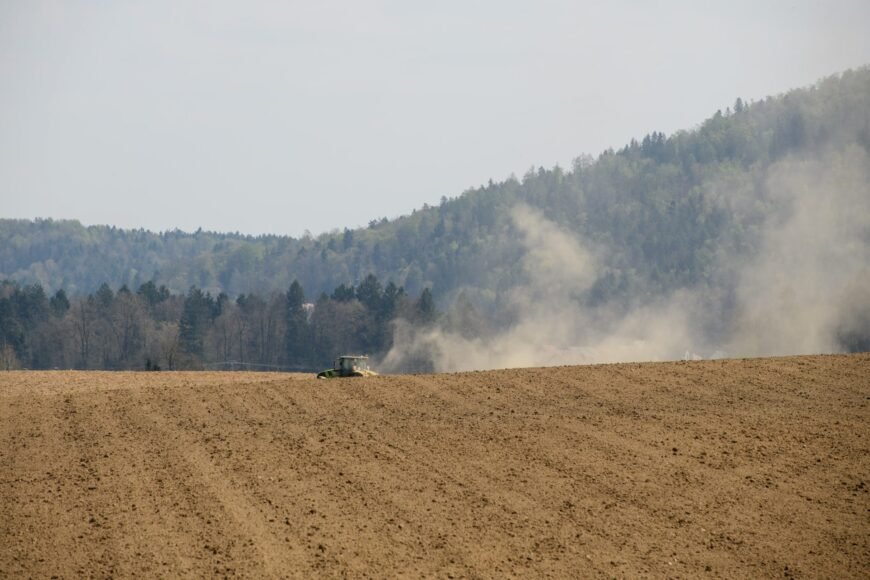
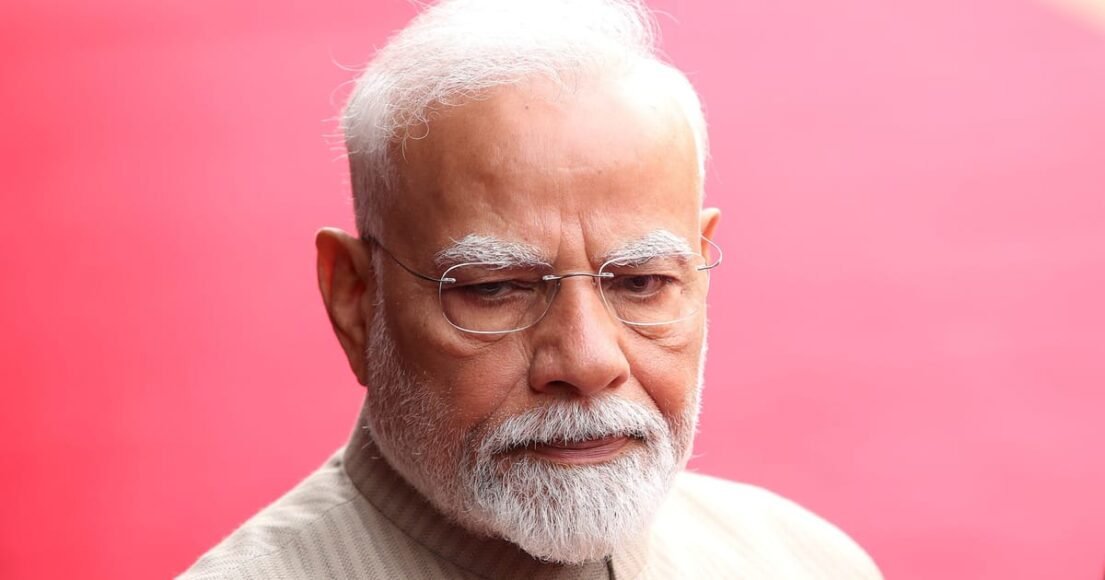

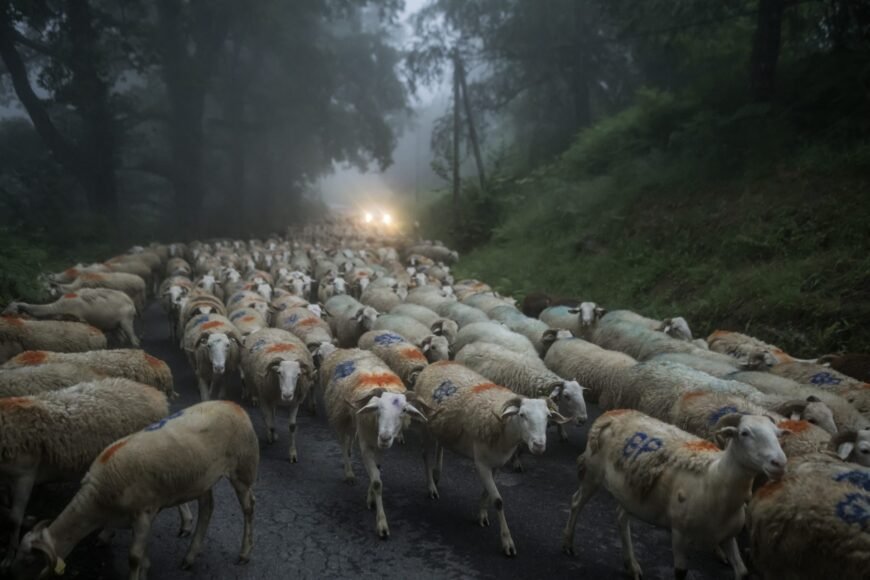
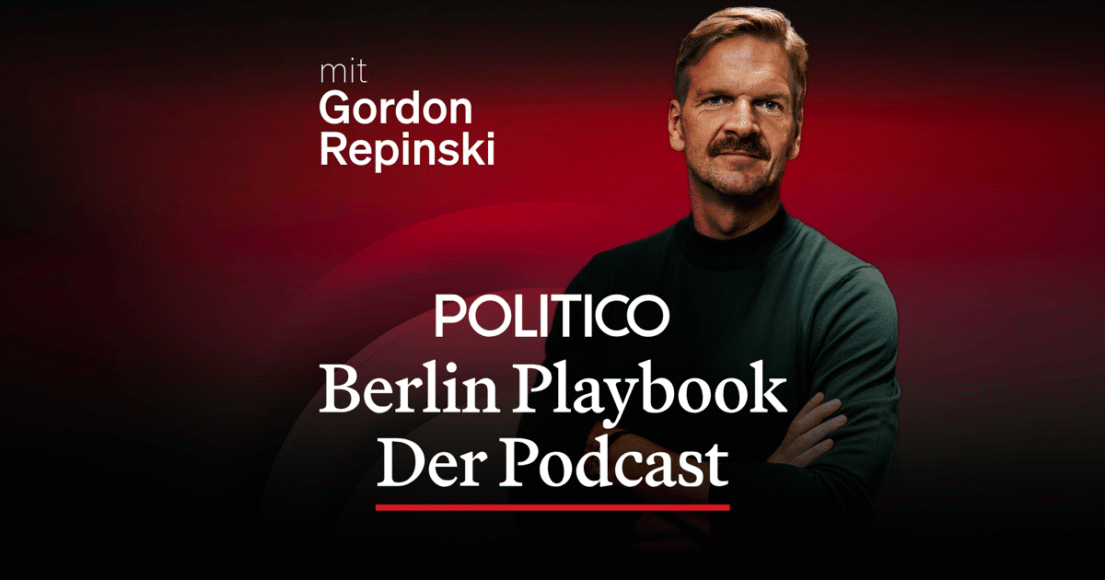
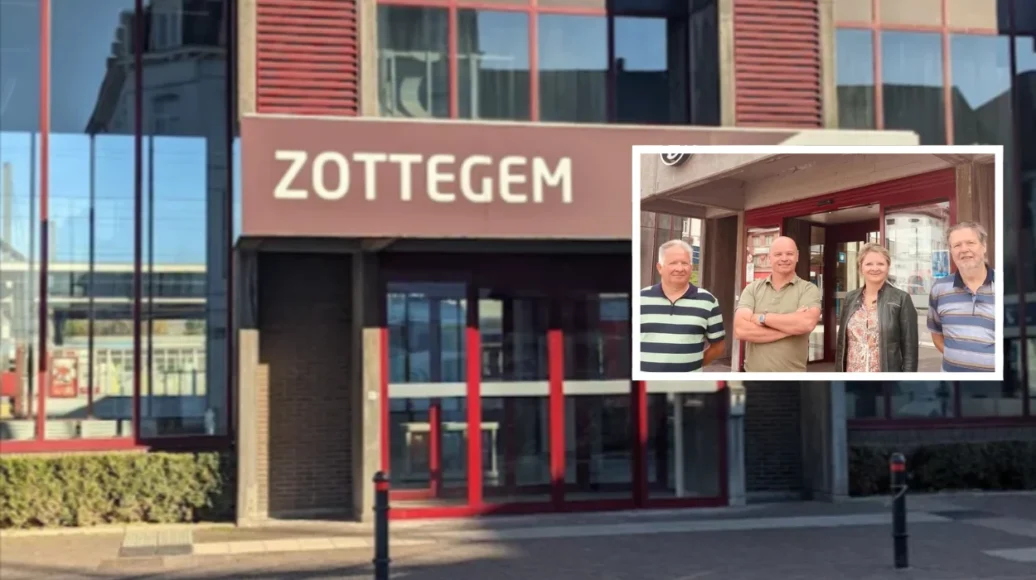
Leave a Reply